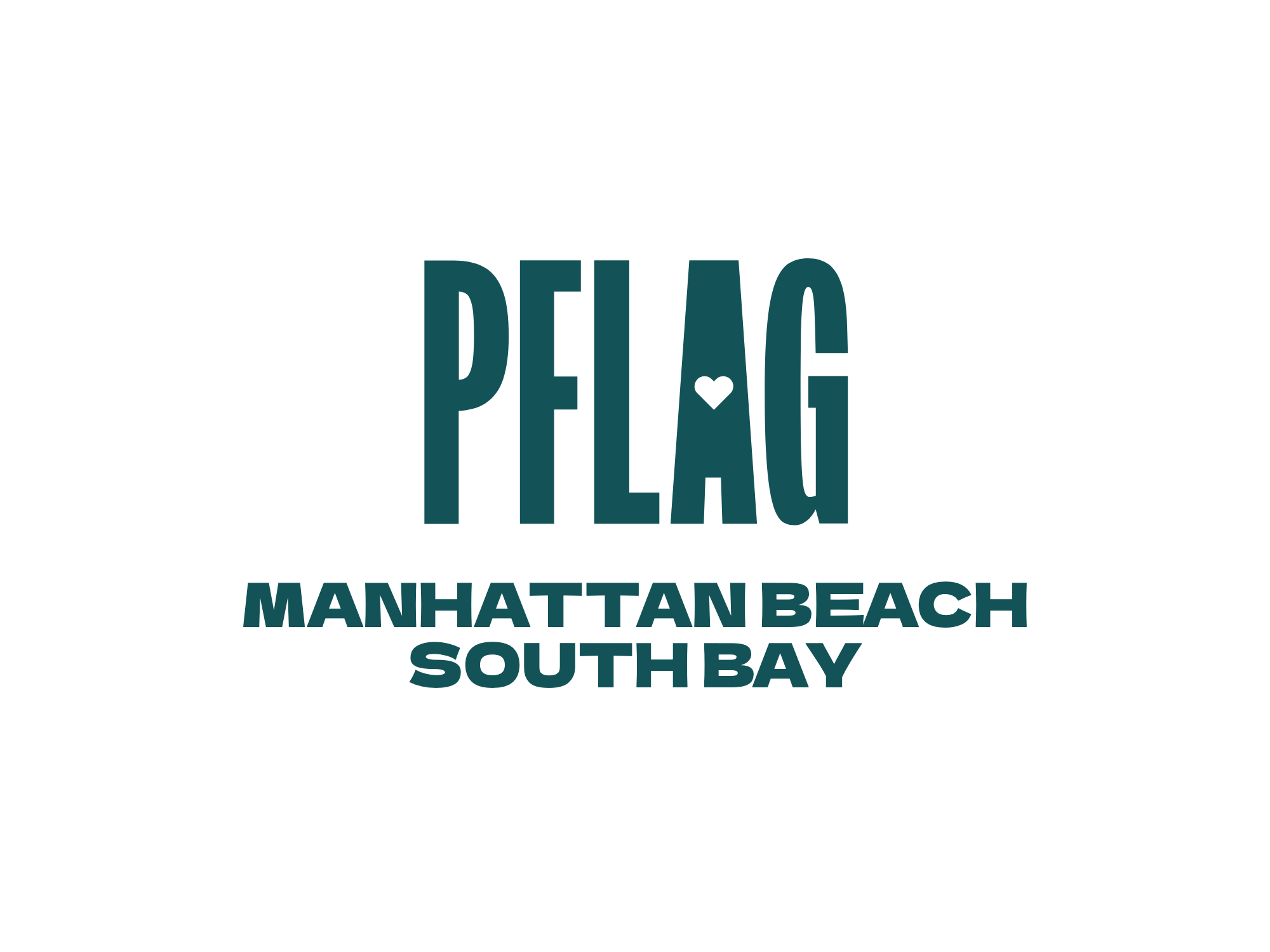The Importance of Connection and Mentorship by Beck Gee-Cohen MA CADC-II
Mentorship has always been important to me. It started in my 20’s as I got sober and found a sponsor, someone who had what I wanted and could give me real-time advice and understand what I was going through as they had been there. Someone who could laugh at my pain, not in an insensitive way, but in a way that felt more like camaraderie. It was through the experience of recovery that led me to find different mentors for other parts of my life. When I wanted to change careers, I found someone who had gone down a similar path, someone who was willing to share their experience, give me pointers, and allow me to as the “dumb” questions. I have had many mentors in my life. Some gave their time for free, some I paid for their help to get me through.
It is important to differentiate a therapist versus a mentor. (Though some of my mentors have been better than some of my therapists to be honest) A therapist is there to listen, to help with my mental health, to guide be through the emotional struggles of the day to day. Whereas a mentor can be there for my emotions, they are not licensed to help in that way. Mentors give me advice, share their personal experiences, help me to create a plan for the future that I want.
When I mentor trans masc / non-binary young people, my “job” is to answer the questions that others can’t answer. I’m there to give my experience (and ONLY my experience) of living as a trans person in this world. I have walked this life for many years, and mentoring young people is really about giving them access to an adult who has gone through what they are going through. Sure, they have friends that may be going through similar experiences, and that is amazing to have. But as a mentor, the boundaries that are created are not necessarily friendship, but boundaries that create a dynamic of trust and connection to build a greater sense of self. A mentor/mentee relationship is built for the purpose of grounding into self with a purpose. Some of the young people I’ve worked with have never had access to a trans adult before. Sometimes it’s just about having a model of behavior that they do not get at home or at school. Many of us did not grow up in households that looked like us. We didn’t have parents that could answer the questions of what it is like to be trans and all of the beautiful intricacies that go alongside of this state of being.
My job as a mentor is only to model a life that can be possible. To celebrate being authentic and all the things good bad and ugly that come along with living one’s truth. If I can do that, then I have done my job, if only for today.
As we go through this time of self-isolation, it is important to understand that trans young people are being separated from the places that they find connection and affirmation. During this time (and always) I have offered the services of online mentoring as face-to-face is not always an option. If you would like to reach out, please feel free to find my email/website below.
About Beck Gee-Cohen MA CADC-II:
Beck is a master’s level clinician with an undergraduate degree in Sociology with an emphasis on Gender & Sexuality and a master’s degree in Addiction Counseling. He has worked in the mental health & substance use field for over 10 years in various capacities. The main focus of his work has been invested in the LGBTQ+ community, adolescents, and families. Over this decade, Beck has trained numerous facilities on LGBTQ++ best practices, has been a keynote and presenter at many conferences, and has facilitated workshops about LGBTQ+, trauma, adolescents, gender and sexuality.
Beck is the Director of LGBTQ+ Programming at Visions Adolescent Treatment Center. This program is for young people at Visions who identify in the community, who are questioning, and their families. It includes process groups, psychoeducation, and family programming with professionals specifically trained and experienced in the LGBTQ+ population and best practices. Alongside the already dynamic team at Visions Mental Health and Wellness Center in Los Angeles, young LGBTQ+ people and their families will find a space that serves their specific needs in regards to healing and thriving.
